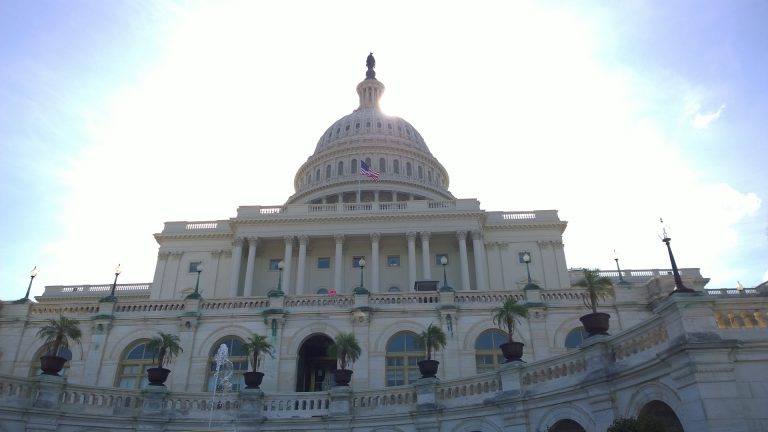President Joe Biden has said that Democrats might make an exception to the filibuster rule to pass legislation that would raise America’s debt ceiling. He made the comments after returning from his trip to Michigan to rally support for his ambitious infrastructure and social care spending proposals.
At present, the U.S. debt ceiling is set at $21.9 trillion. The U.S. Treasury Department has warned that if the debt ceiling is not raised by Oct. 18, it would run out of funds to meet obligations. At present, the U.S. government borrowing stands at $28.4 trillion, roughly $7.5 trillion more than the debt ceiling. Without raising the borrowing limit beyond $28.4 trillion, the government will find it difficult to borrow more money.
In the worst-case scenario, Washington might default on some payments. This would be a big blow to America’s financial reputation. In recent weeks, Treasury Secretary Janet Yellen has been consistently warning members of Congress about the need to raise the debt limit.
“I do regard Oct. 18 as a deadline. It would be catastrophic to not pay the government’s bills, for us to be in a position where we lacked the resources to pay the government’s bills… I fully expect it would cause a recession as well,” Yellen said in an interview with CNBC.
Democrats support raising the debt ceiling; Republicans oppose the measure as long as Democrats continue to push forward their multi-trillion-dollar social spending bill. GOP lawmakers accuse Democrats of following their own agenda without cooperating on a bipartisan basis. Some point to the blocking of the bipartisan infrastructure bill in the House by the “progressive” elements in the Democratic Party.
Success
You are now signed up for our newsletter
Success
Check your email to complete sign up
“If Democrats want to spend trillions of dollars to execute their socialist agenda, they need to pay for it themselves. I cannot and will not support raising the debt limit to pay for their purely partisan wish lists,” Republican Senator Jim Inhofe tweeted.
Without Republican support, raising the debt ceiling is almost impossible due to the filibuster rule. The rule states that an action on a bill or any other issue can be delayed through debates. The filibuster can only be stopped if 60 Senators support ending the debates. The Senate is split 50-50 between the two parties. Republicans are holding onto the filibuster to prevent raising the debt ceiling while Democrats want to bypass the rule to approve the increase in borrowing limits.
Democrats are then left with the choice of using the “nuclear option,” which refers to the Senate deciding to modify voting rules. By using this option, a simple majority is enough to approve any law, negating the 60 vote requirement of the filibuster. Even if the members at the Senate vote along party lines, Democrat Vice President Kamala Harris, who presides over the Senate, can cast the tie-breaking vote in her party’s favor.
According to a report by Reuters, the U.S. Senate has apparently arrived at a temporary truce after McConnell put forward a plan to buy more time to deal with the debt ceiling issue. The Republican member said that his party will allow the debt ceiling to be extended into the month of December. Some Democrats seem to be willing to take up McConnell’s offer. However, the Democratic Party has not issued an official statement on the matter.















